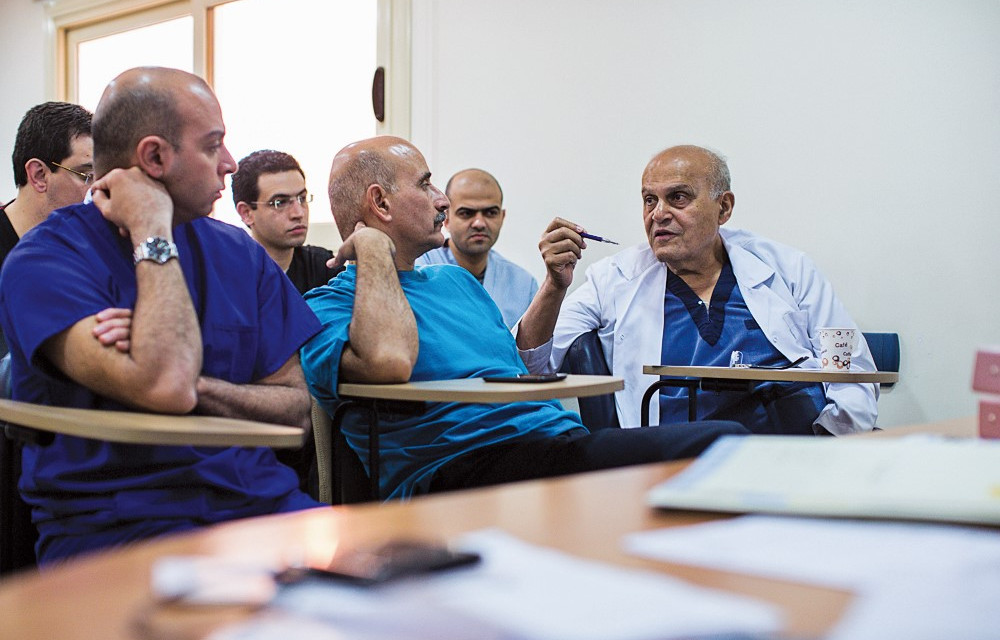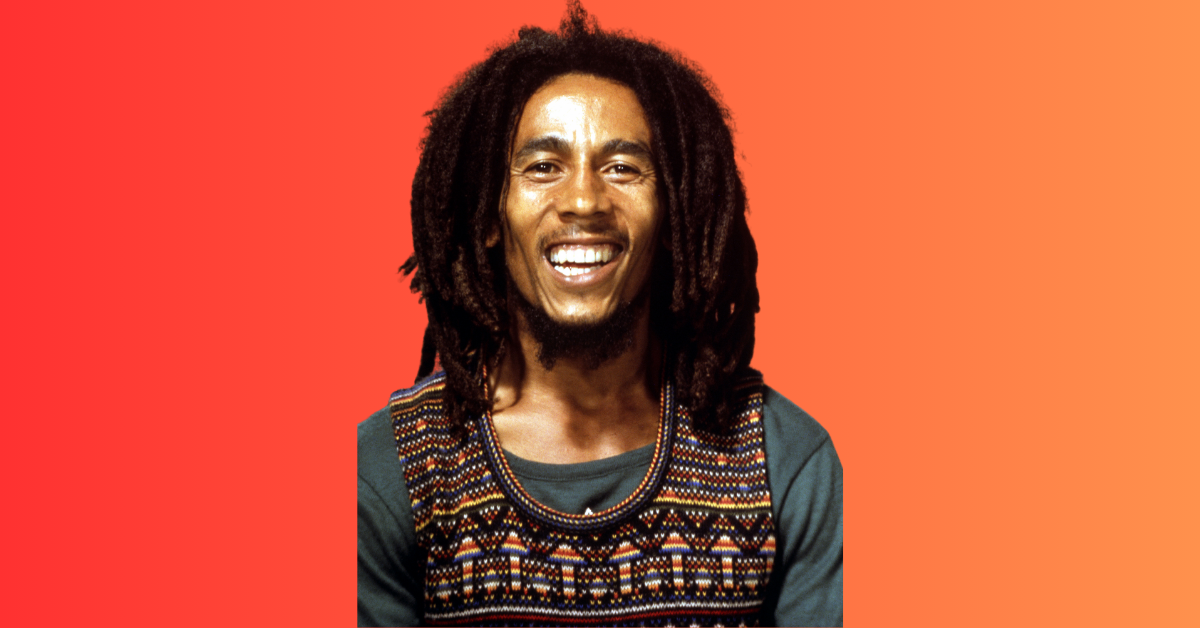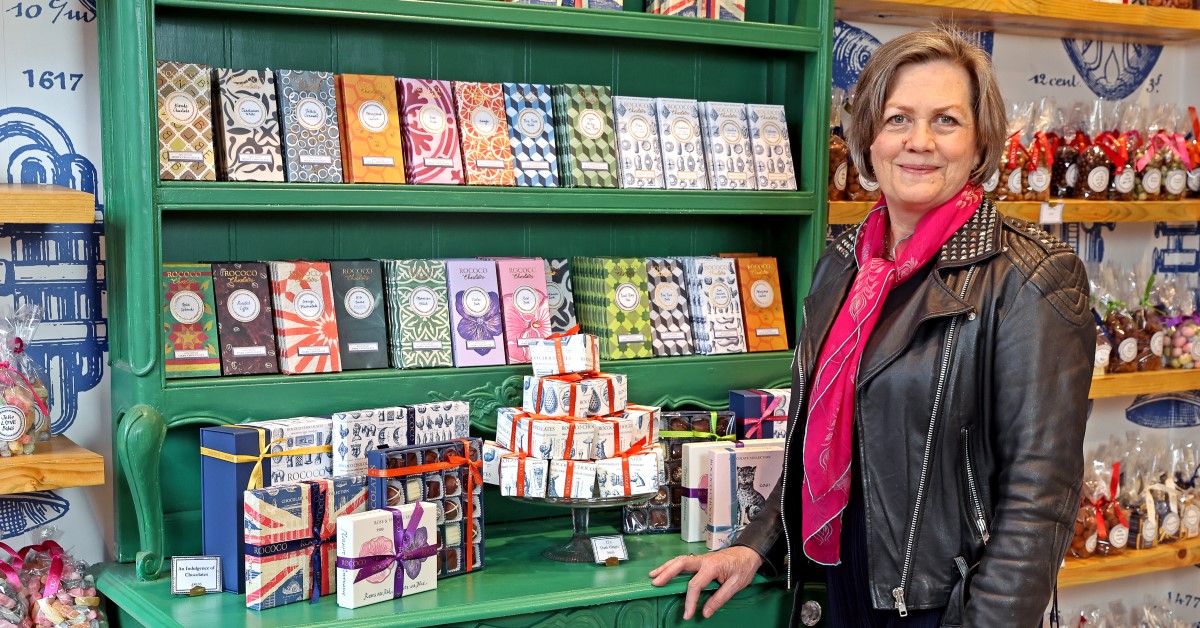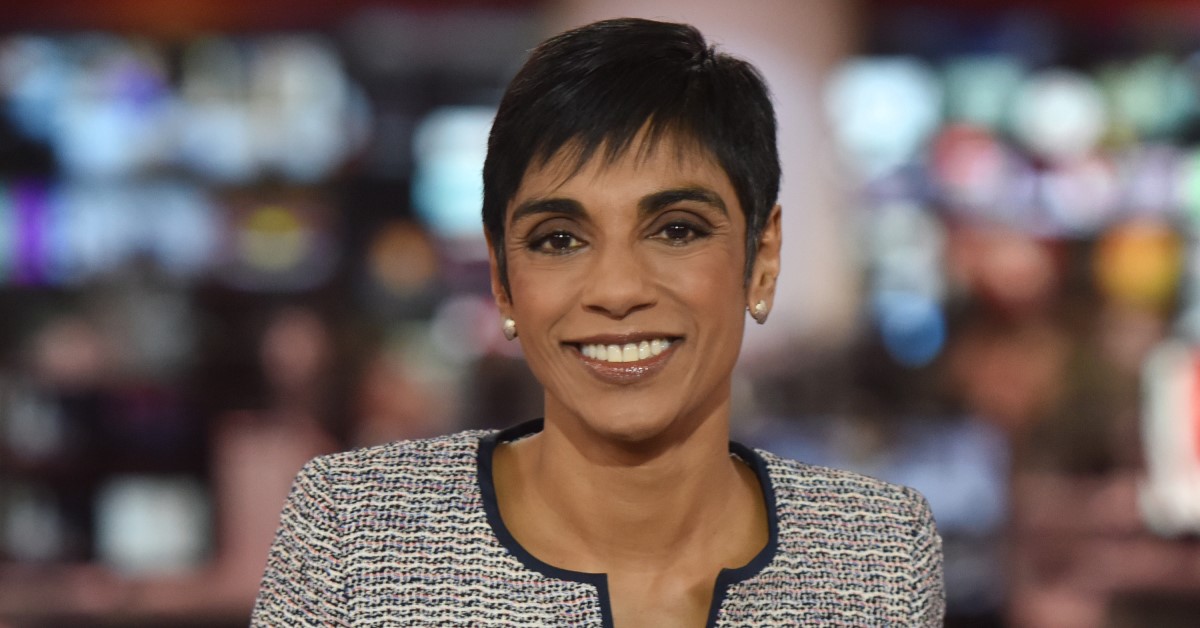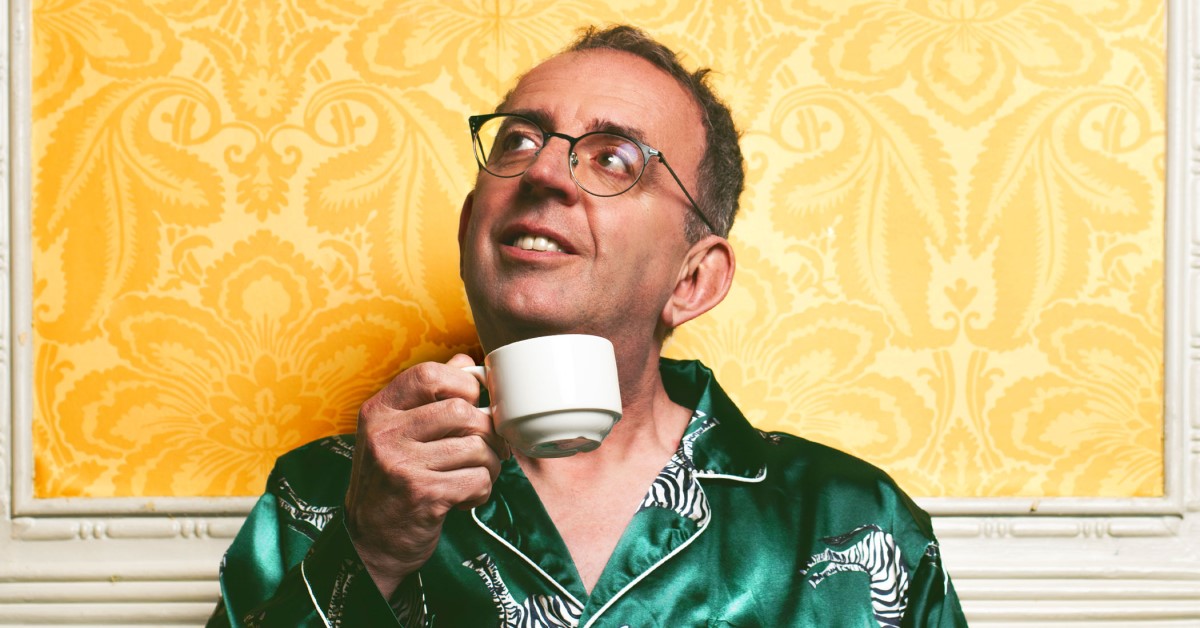Sir Magdi Yacoub, aged 88 and still working in transplant surgery, tells all in his new biography, including his time in Chelsea and befriending Princess Diana
Words: Sophia Charalambousmy
WHEN MAGDI YACOUB ARRIVED IN LONDON in the 1960s from Egypt, little did he know that one day he would become close friends with one of the most famous women in the world.
After many years working his way up the career ladder, in late August 1995, when the pioneering heart specialist was doing his rounds at the Royal Brompton hospital on Sydney Street, he bumped into Diana, Princess of Wales, who was talking to a patient.
“I was impressed by the way she wanted to save the world – that impressed me no end and that’s why we became close, if you like,” he tells Sloane Square.
“She used to actually come into my office and cry, saying, ‘nobody listens to me, I want to do more –people just see the glamour, I want to make sure this is directed to saving people around the world’. I would say, ‘like what’, and she would say, ‘like the children having their arms and legs blown up’.
“I said, ‘these are mega problems’, to which she said literally, ‘well somebody has to tackle mega problems so let us find out the facts and the figures’, and she actually went to these places to see the children.
“The interesting thing is the entire world understood what she wanted to do and when she died the whole world was mourning.”
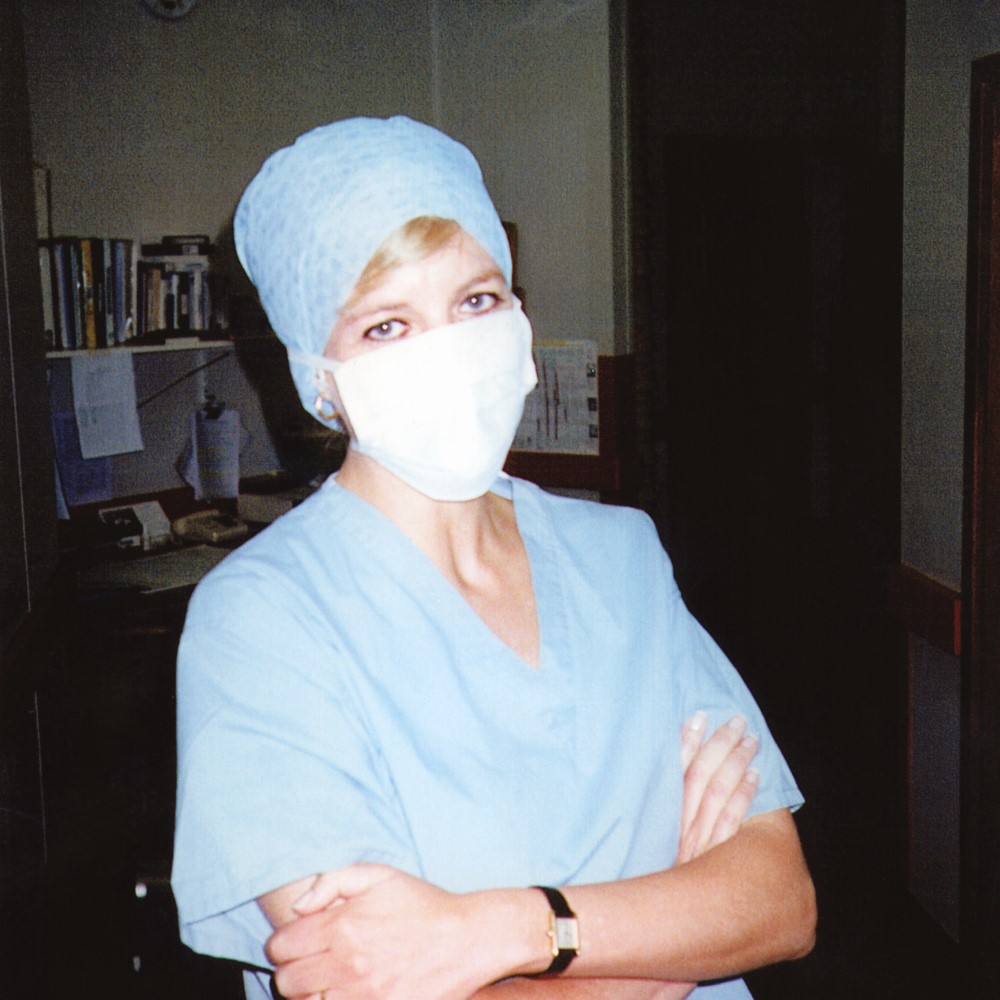
Magdi’s relationship with Princess Diana is part of his extraordinary life story that is detailed in his newly released biography, A Surgeon and a Maverick: The Life and Pioneering Work of Magdi Yacoub.
Diana would even follow him to Harefield hospital, where she came at night to spend time with a teenage girl following her life-saving surgery.
“I would be doing my rounds at 11 or 12 before going home and I would hear giggles and I said, ‘oh my God’,” Magdi chuckles. “Diana is there painting the girl’s nails and toenails and both of them are laughing like mad. I said, ‘how did you get here and do you have security?’ and she said, ‘no, I drove myself’.”
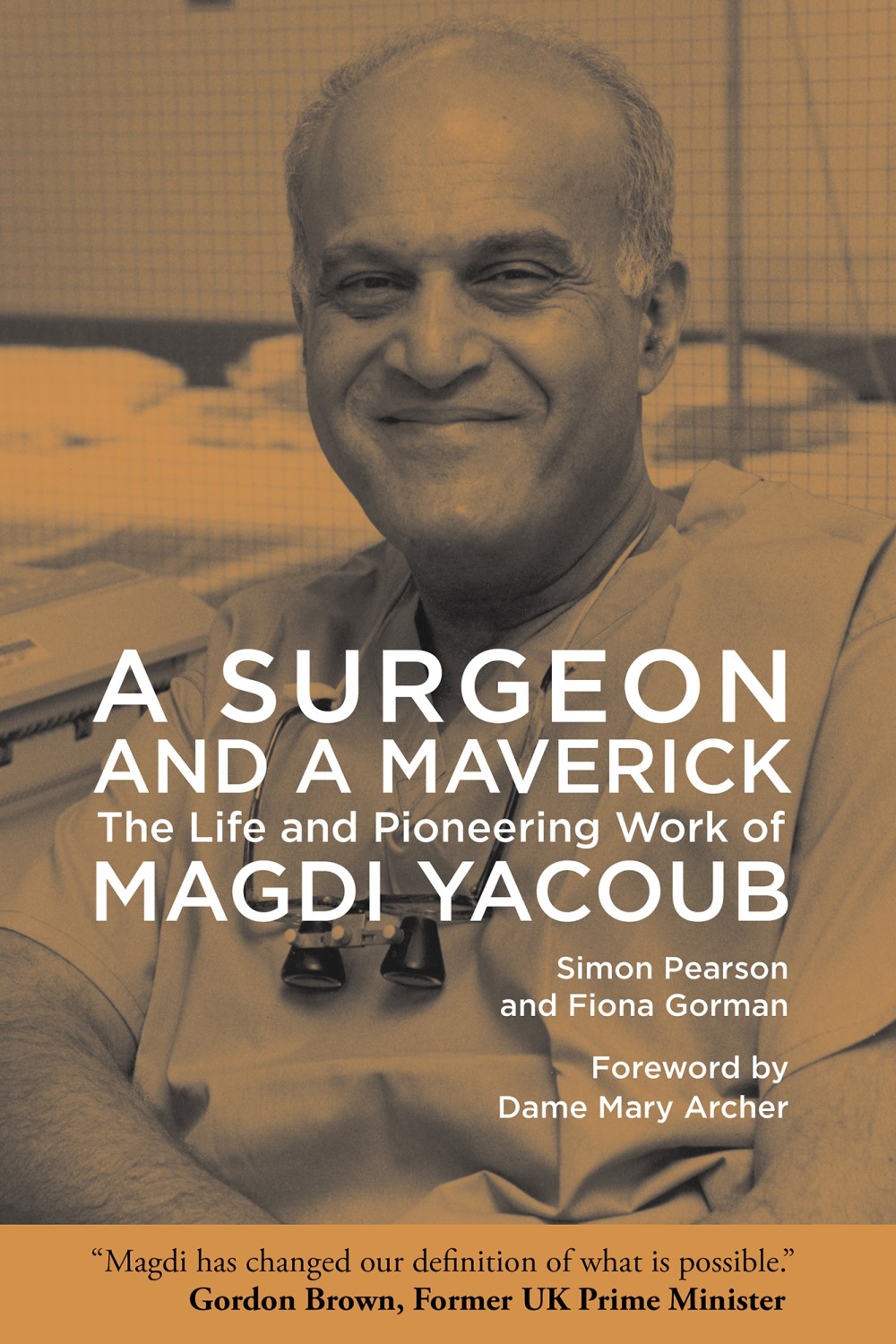
Magdi remembers the princess with such clarity – his mind is as sharp as anything, which must be the reason he’s still working today at 88 years old, as well as travelling to oversee his hospitals in Egypt and his charity Chain of Hope.
Not only this, at Harefield’s Magdi Yacoub Institute, and other centres around the world, teams are working on growing replacement valves and organs from stem cells and exploring the potential for gene editing to combat heart failure.
When I ask about how he has the energy, he answers: “I lecture all around the world but with Zoom now it is much better.
“To go to Australia for 48 hours and come back – I used to do that. Or New Zealand for 12 hours. It was crazy but I was much younger and could take it. I couldn’t do that now.”
Biographers Fiona Gorman and Simon Pearson, both former Times journalists, interviewed Magdi for 25 hours and in that time learned that Chelsea was a key area in his story.
He met his late wife Marianne, with whom he had three children – Lisa, Sophie and Andrew – in the Royal Brompton hospital where she was working as a nurse.
Simon says: “Music, fashion, he liked the Beatles, particularly the song Michelle – I think he remembers Cliff Richard coming to visit the hospital after the film Summer Holiday. Flared trousers… they all came up in conversation.”
While it is always a challenge to write a biography, the sheer volume of work that Magdi has undertaken in the field of transplant surgery is extensive and constantly increasing. After such an inspiring career, what advice would he give young people who want to follow in his footsteps?
“When young people ask me how to succeed in their speciality, which happens to be heart surgery, I say it’s simple: they must follow PPH,” reveals Magdi.
“The first P is passion – you must find your passion so you wake up in the morning and rush to your passion. The second is persistence – because you don’t have to be a genius, many geniuses go from one thing to another and nothing happens. H is humility, so you can talk to kings and queens, top scientists but also desolate people – in science in particular if you are arrogant, you will discover nothing.”

